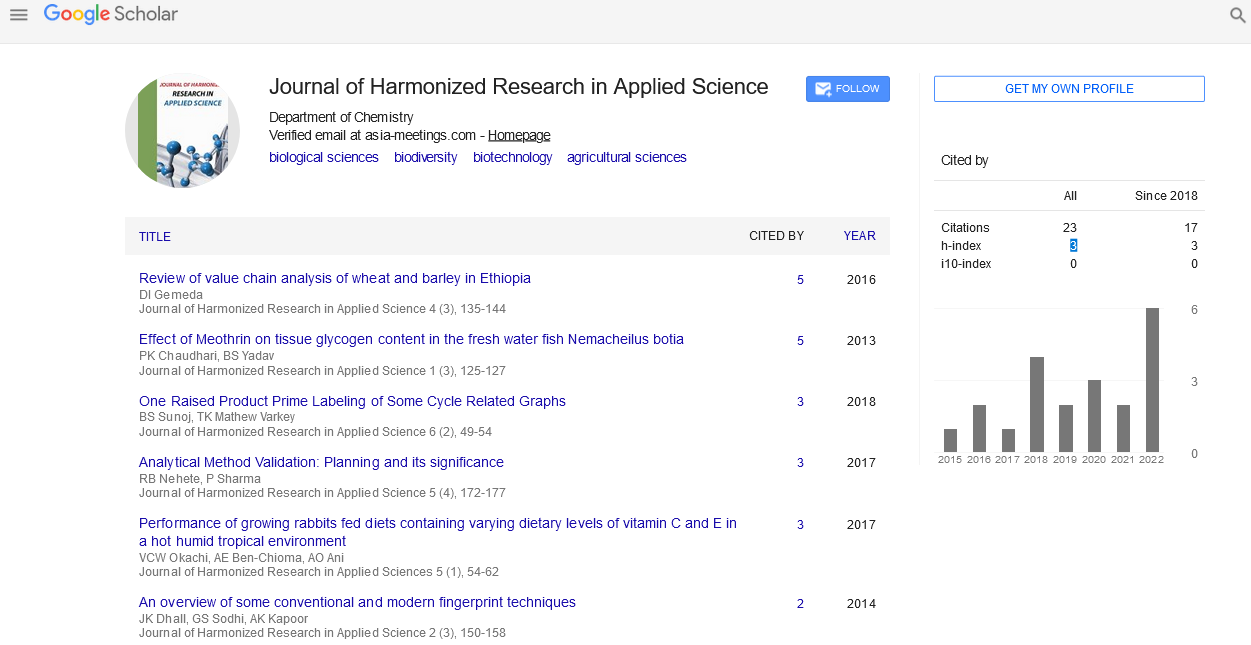FIELD EVALUATION OF SEVEN VARIETIES OF COTTON (GOSSYPIUM HIRSUTUM L.) IN THE NORTHERN REGION OF CAMEROON
Abstract
Author(s): P Kosma, I Saidou, P Oumarou and T Tchapda Dorothy.
In the North of Cameroon, cotton is an important source of income for thousands of people living in the rural areas. Cotton seeds are a source of food and contribute to food security through producti on of vegetable oil used for many purposes. However, despite its importance in the food and household economy, cotton yields and production remain low because of the many constraints, such as drought. Drought prohibits the existing local variety from completing its life cycle and the immediate consequence is low yield. It is for this reason that seven new lines of cotton adapted to the northern part of Cameroon were developed by the IRAD through breeding to add to the existing local varieties. This work evaluated the performance of these varieties for the purpose of recommendation to farmers. Out of the seven varieties tested; only the variety Z2416 combined a good performance for both agronomic and technological traits. This variety is far superior in performance compared to the local variety and the six varieties developed with an additional yield of 281 kg / ha. The variety also produced a hint of yellow fine and long fibers (0.4 mm), a higher maturity (1.6 %) while remaining within the accepted standards.










